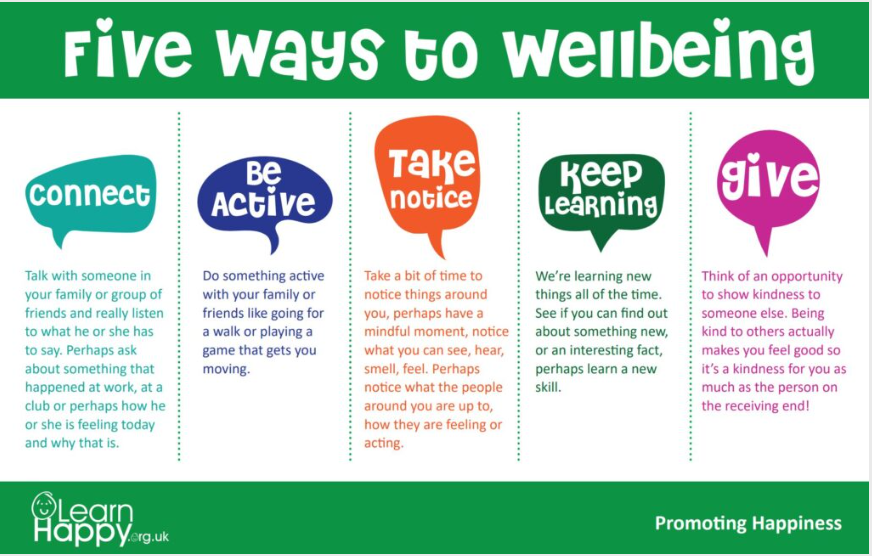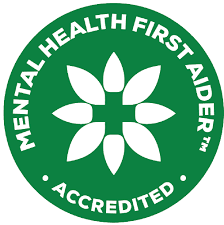Mental Health and Emotional Wellbeing

What is mental health and emotional wellbeing?
Mental health refers to a person’s psychological, emotional, and social well-being. It encompasses how individuals think, feel, and behave, as well as how they handle stress, relate to others, and make choices. Mental health influences various aspects of life, including how people cope with challenges, form relationships, and make decisions. It’s essential for overall well-being and affects every aspect of a person’s life, from work to relationships to physical health.
Emotional well-being, on the other hand, specifically focusses on an individual’s ability to manage and regulate their emotions effectively. It involves being aware of one’s feelings, understanding them, and being able to express them appropriately. Emotional well-being encompasses feelings of happiness, contentment, and satisfaction, as well as the ability to cope with stress, adversity, and uncertainty. It’s about maintaining a positive outlook on life and developing resilience in the face of challenges. Emotional well-being is closely tied to mental health, as emotional states often reflect one’s overall psychological state.
Why is mental health important for children?
Mental health is crucial for children for several reasons:
Foundation for Development: Mental health during childhood lays the foundation for emotional, social, and cognitive development. Healthy mental functioning enables children to learn, form relationships, and navigate life’s challenges effectively.
Academic Success: Good mental health positively impacts academic achievement. Children with positive mental health are better able to concentrate, retain information, and perform well in school.
Healthy Relationships: Mental health influences how children form and maintain relationships with family, peers, and others. It affects their ability to communicate, empathise, and collaborate effectively.
Emotional Regulation: Children with good mental health are better equipped to regulate their emotions, manage stress, and cope with challenges. They are less likely to engage in risky behaviours or develop maladaptive coping mechanisms.
Resilience: Mental health plays a crucial role in building resilience—the ability to bounce back from adversity. Resilient children are better able to adapt to changes, face setbacks, and overcome obstacles in life.
Physical Health: Mental health and physical health are interconnected. Poor mental health can contribute to physical health problems, while good mental health promotes overall well-being and reduces the risk of developing physical illnesses.
Long-term Well-being: Investing in children’s mental health early in life can have long-term benefits. Children who develop good mental health habits are more likely to become emotionally stable, productive adults with higher overall well-being.
Overall, promoting mental health in children is essential for their overall development, academic success, social relationships, and long-term well-being. It sets the stage for a fulfilling and productive life.
The Student Support Team
- Mrs T Bryant – Mental health and Wellbeing lead
- Mr P Salter – Student Support team member
- Mrs T Passingham – Student Support team member
All lead coaches
- Ms M Davies – Lead Coach year 7
- Ms P Livingstone – Lead Coach year 8
- Ms L Uren – Lead Coach year 9
- Ms L Smith – Lead Coach year 10
- Ms L Acton – Lead Coach year 11
We have a range of support from outside agencies, including The Mental Health Support Team (CAMHS) External Counselling and Play therapy, Open Door and St Luke’s Hospice Charity.
We also work with Kinettica for their T100 celebrations to raise awareness of the links between walking and good mental health.
Wellbeing Ambassadors
Our wellbeing ambassadors are elected from the student leadership team as they have an interest in student wellbeing and they promote wellbeing through their work with the tutor groups during PAD, their one to one support work, their events to raise money and awareness and as members of the Diana award anti-bullying ambassadors. Students are able to report directly to them any concerns they have.
As part of the student voice, wellbeing and mental health is discussed frequently and the wellbeing ambassadors are always coming up with novel ways to promote good mental health and wellbeing amongst the staff and students.
Mental Health First Aiders
 Staff at The Gateway Academy have received specialist training to become mental health first-aiders. This means they are available to support in an emergency and ensures we put the wellbeing and mental health of both our staff and students at the centre of everything we do. Staff who are training will be knowledgeable in:
Staff at The Gateway Academy have received specialist training to become mental health first-aiders. This means they are available to support in an emergency and ensures we put the wellbeing and mental health of both our staff and students at the centre of everything we do. Staff who are training will be knowledgeable in:
- Different mental health conditions,
- How to spot the signs and symptoms of poor mental health and wellbeing.
They will also be able to provide signposting for the relevant places where both staff and students can access support.

